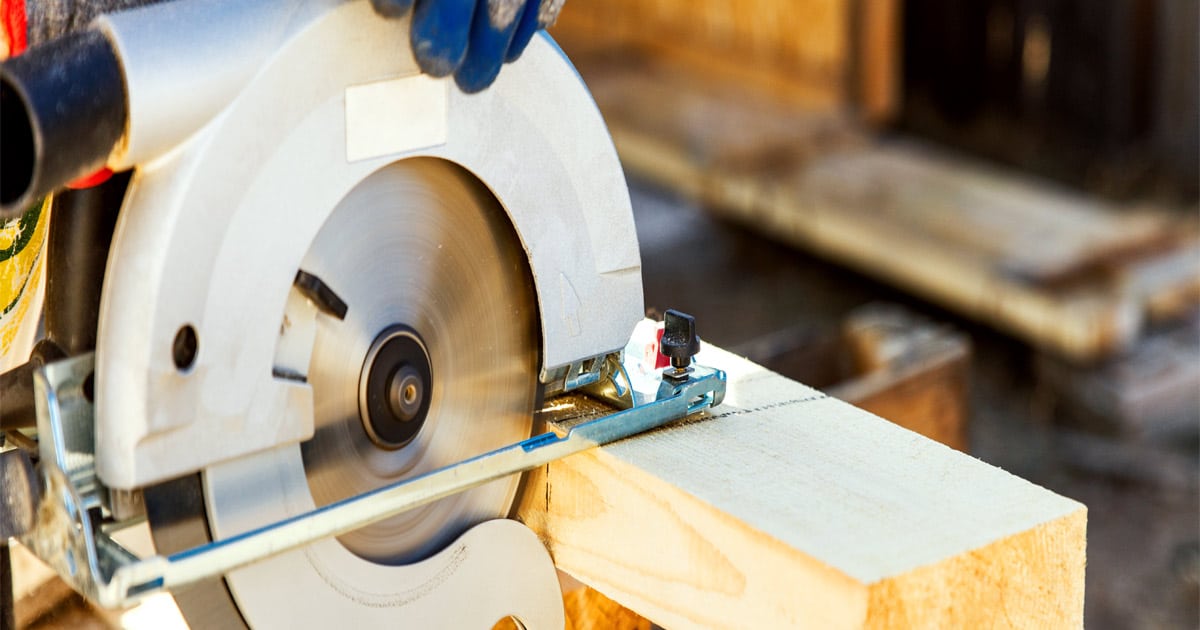
Power tools offer significant utility but also harbor inherent risks. Injuries stemming from power tool accidents can be severe and life-altering.
Workers’ compensation is a critical safety net for power tool injuries, offering financial and medical benefits to injured workers. This system covers medical expenses, lost wages, disability benefits, and vocational rehabilitation. It provides injured workers the necessary support to recover and return to work.
Power tool accidents can result in various injuries, depending on the nature of the incident and the equipment involved. Common injuries include lacerations caused by sharp blades or edges and puncture wounds from tools like nail guns.
Amputations are another significant risk, particularly when working with heavy power tools like circular saws and angle grinders. Fractures may occur due to crushing or impact injuries, while burns can result from contact with hot surfaces or sparks. These injuries can have profound consequences, requiring extensive medical treatment and rehabilitation.
Does Workers’ Compensation Cover Power Tool Injuries?
Workers’ compensation is a no-fault insurance system designed to provide financial and medical benefits to employees who suffer work-related injuries or illnesses. To qualify for power tool injury compensation, the injury must be work-related. That means it must have occurred while you were performing job duties within the scope of your employment.
In the case of power tool injuries, eligible workers may receive compensation for:
- Medical expenses: This can include hospital bills, surgeries, medication, rehabilitation, and any other necessary treatments.
- Lost wages: When an injury prevents the employee from working temporarily or permanently, compensation may be provided to cover lost income.
- Disability benefits: Compensation may be awarded for partial or total disability resulting from the injury based on the extent of the impairment and the employee’s inability to work.
- Vocational rehabilitation: Injured workers may be eligible for vocational rehabilitation services to help them return to work or transition to a different job if they cannot perform their previous duties.
What Steps Should I Take If I Am Injured by a Power Tool at Work?
- Report the injury: Immediately inform your supervisor or employer of the accident and your injuries. Provide details of how the incident occurred and seek medical attention.
- Seek medical treatment: Even if your injuries seem minor, we recommend undergoing a thorough medical evaluation to assess the extent of the damage. Follow your doctor’s recommendations for treatment and keep detailed records of all medical expenses.
- Document the incident: Take photographs of the scene where the power tool accident occurred, including the equipment involved and visible injuries. Obtain contact information from any witnesses who saw what happened.
- Consult with a lawyer: If you encounter difficulties obtaining compensation or your claim is denied, seek legal advice from a skilled workers’ compensation attorney. They can guide you through the legal process and advocate for your rights.
Power tool injuries can affect a worker’s health, finances, and well-being. Workers’ compensation provides a vital resource for employees injured on the job. A legal consultation might be the best course of action when benefits are delayed or denied.
Contact a Skilled Exton Workers’ Compensation Lawyer at Wusinich, Sweeney & Ryan, LLC for a Free Consultation
If you were injured by a power tool accident at work, contact a skilled Exton workers’ compensation lawyer at Wusinich, Sweeney & Ryan, LLC for a free consultation. To learn more, call 610-594-1600 or complete our online form. Located in Exton, Pennsylvania, we serve clients in Downingtown, West Chester, Exton, Coatesville, Phoenixville, Malvern, Lyndell, Wagontown, Uwchlan Township, Parkesburg, Chester Springs, Lancaster County, Reading, and Morgantown.




